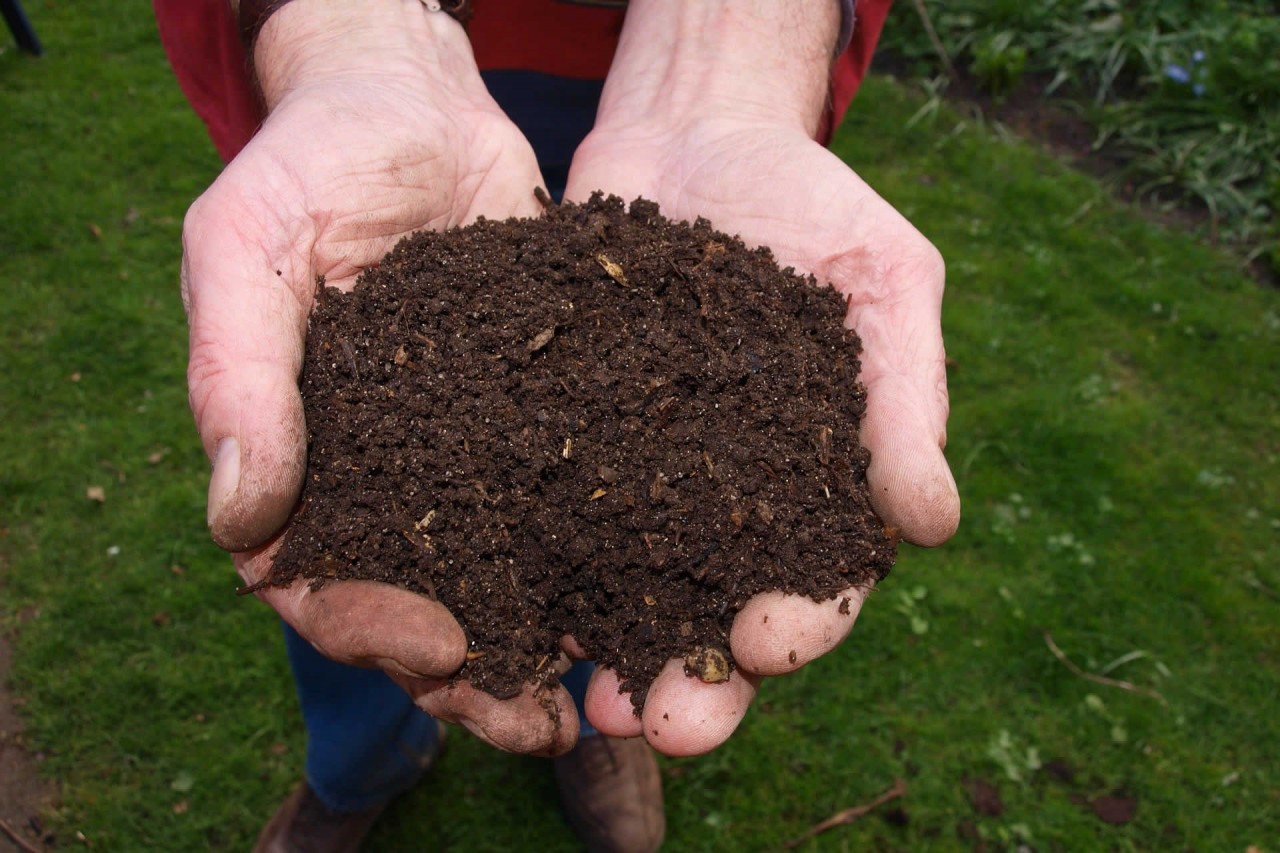
Ever wondered how your kitchen scraps and yard waste could turn into something magical? Learn About Composting Day on May 29th is all about uncovering the secrets behind turning everyday waste into garden gold. Composting, a process that might seem like nature's own recycling program, is not just for the green-thumbed among us. It's a simple, effective way to reduce landfill waste and create nutrient-rich soil for gardens. But how much do we really know about it? From the basic steps to get started to the surprising benefits for your garden and the planet, this day shines a light on the art and science of composting. Ready to get your hands dirty and learn something new? Let's dig into the world of composting and discover how this age-old practice can make a big difference in our modern world.
Key Takeaways:
- Learn About Composting Day on May 29th promotes eco-friendly practices like composting to reduce waste and improve soil health. You can start your own compost bin at home and spread the word to make a positive impact!
- Celebrate Learn About Composting Day by learning how to compost and its benefits. It's easy to get involved, and you can help reduce greenhouse gas emissions while saving money on gardening supplies.
What is Learn About Composting Day?
Learn About Composting Day, celebrated on May 29th, is a day dedicated to raising awareness about the benefits of composting and encouraging individuals and communities to adopt this eco-friendly practice. Composting involves the natural process of recycling decomposed organic materials into a rich soil known as compost, which can significantly enhance the health and fertility of the earth.
Why Do We Celebrate It?
- Promotes sustainability: This day emphasizes the importance of composting in reducing landfill waste, thereby promoting environmental sustainability.
- Educates on waste reduction: It serves as a reminder that much of our everyday waste can be composted instead of being sent to landfills, reducing our carbon footprint.
- Encourages healthy gardening practices: Learning about composting encourages the use of organic compost in gardening, which is healthier for plants and soil compared to chemical fertilizers.
How Can You Participate?
- Start your own compost bin: One of the simplest ways to get involved is by starting a compost bin at home. You can compost kitchen scraps, yard waste, and other organic materials.
- Attend a workshop or event: Many communities host workshops or events on Learn About Composting Day where you can learn more about the process and benefits of composting.
- Spread the word: Use social media or other platforms to educate others about the importance of composting and how they can start their own composting practices.
Benefits of Composting
- Improves soil health: Compost adds essential nutrients back into the soil, improving its health and fertility.
- Reduces greenhouse gas emissions: By composting organic waste, you reduce the amount of methane produced in landfills, a potent greenhouse gas.
- Saves money: Using homemade compost can reduce the need to buy soil and fertilizers for your garden.
Common Misconceptions About Composting
- It's too complicated: Many people believe composting is a complex process, but with a bit of research and effort, it can be quite simple and rewarding.
- Composting attracts pests: Properly managed compost bins do not attract more pests than a typical garden or yard.
- You need a large space to compost: Even those with small yards or living in apartments can find innovative ways to compost, such as through worm composting or bokashi composting methods.
A Fresh Perspective on Composting
As we circle back to where we started, it's clear that Learn About Composting Day isn't just another date on the calendar. It's a call to action, a nudge to rethink our relationship with waste and the environment. Composting, with its simple yet profound impact, offers a path to sustainability that's within reach for everyone. From reducing landfill waste to enriching soil and cutting down on greenhouse gas emissions, the benefits are tangible. So, whether you're a seasoned green thumb or a curious newcomer, May 29th serves as a reminder that every bit of effort counts. Let's embrace composting, not just on this day, but as a lifestyle choice that keeps giving back to Mother Earth. Here's to making composting a habit that sticks and to a healthier planet for generations to come.
Frequently Asked Questions
Was this page helpful?
Our commitment to delivering trustworthy and engaging content is at the heart of what we do. Each fact on our site is contributed by real users like you, bringing a wealth of diverse insights and information. To ensure the highest standards of accuracy and reliability, our dedicated editors meticulously review each submission. This process guarantees that the facts we share are not only fascinating but also credible. Trust in our commitment to quality and authenticity as you explore and learn with us.
